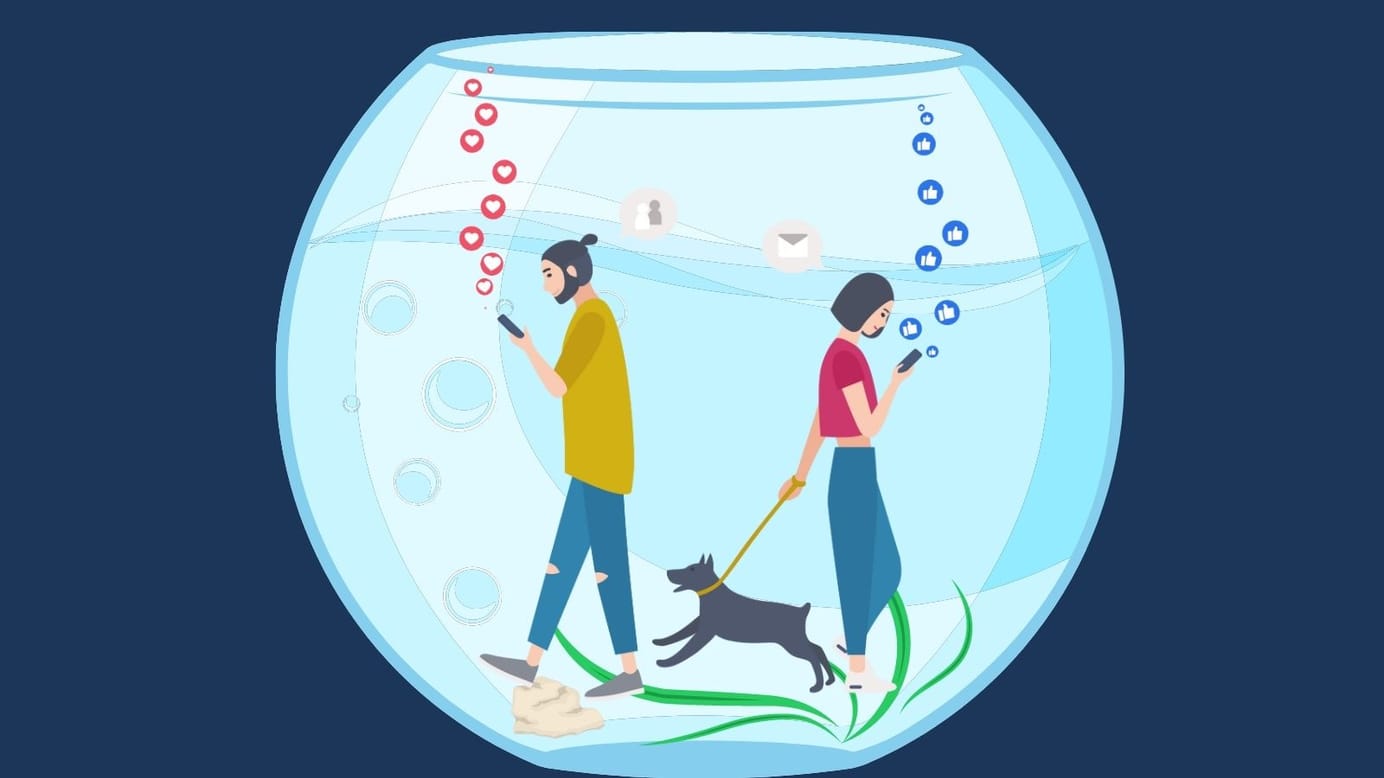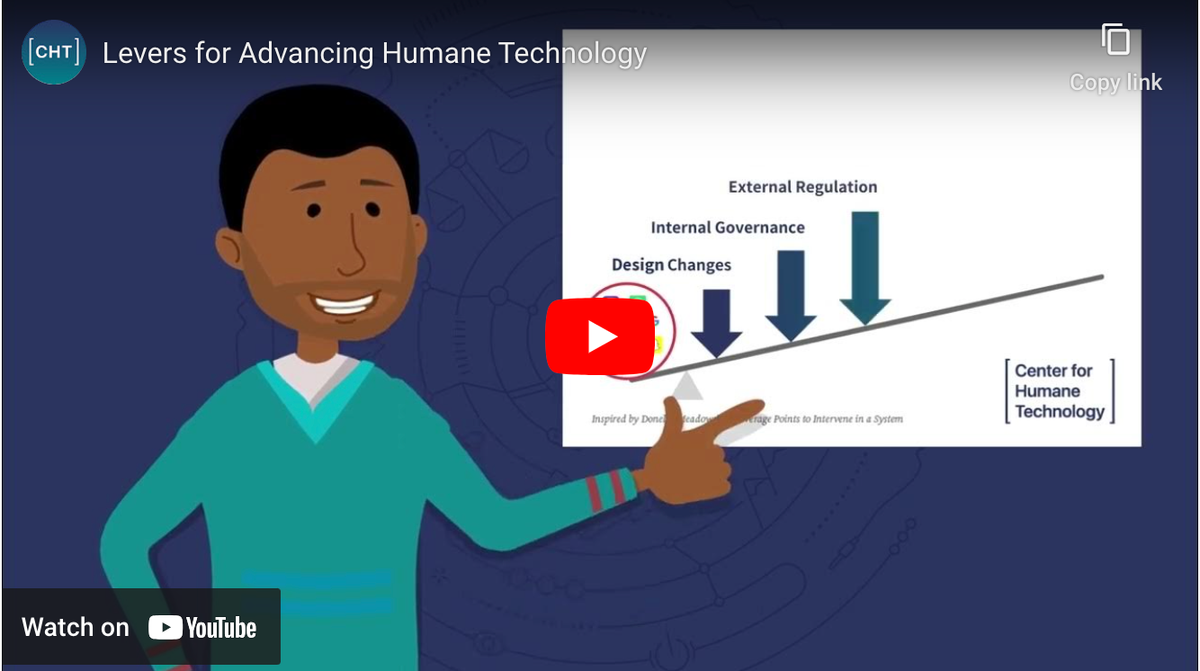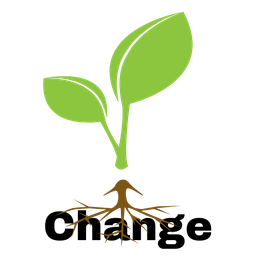
The Price Tag of Our Attention Span
Part III: Social Media's Impacts on Our Emotions, Brains, & Society
🤓 Bite-Sized Knurd: Social media has decreased our attention spans causing us to be less prepared to tackle individual and systemic change.
In Case You Missed It: Toying with Our Emotions: The Social Media Algorithm
Read on for more…
So far, we’ve only dipped our toes into the life-altering changes that we as individuals and societally have experienced since social media came on the scene around 2009.
We know that social media’s profit incentives (i.e. to sell as much advertising as possible) push companies to try to keep their users on their sites for as long as possible. They use data they have collected on us to play with our emotions, manipulate what posts we see, and convince us we’re all influencers. But what exactly has all of that time on social media done for us?
Two new books help to answer that for us. Each book digs into why our attention spans have shrunk, social media influences, and how to regain our focus individually and collectively.
Attention Span: The New Science of Finding Focus and Fighting Distraction in the Digital Age by psychologist Gloria Mark
Gloria Mark has been studying the affects technology has on human attention since the early stages of the digital age. Her new book shows how much of what we think we know about attention is wrong and provides solutions to control our attention.
Stolen Focus: Why You Can't Pay Attention — and How to Think Deeply Again by Journalist Johann Hari
Like most of us, Johann Hari, was sick of the constant noise of technology (switching tasks, notification, etc.) so he went cold turkey. His book combines his own experience with interviews with leading experts on human attention.
Don’t Diss the Goldfish
In the U.S., teenagers can focus on one task for only 0:65 seconds at a time and office workers average only 3 minutes.
It’s no secret that our attention spans are getting worse. We all notice it. A survey by the Centre for Attention Studies at King’s College London found that 49% of adults surveyed felt their attention span was shorter than it used to be.
I used to tell my clients that our attention spans are less than goldfish. It was an easy way to explain that a brand’s marketing needs to be interesting and eye-catching for people to notice. Unfortunately, the goldfish rule doesn’t capture the real problem (& it’s rude to goldfish who are just doing their best!).
It’s less that we’re losing our attention span and more that our focus has been stolen by powerful external forces that have left us uniquely vulnerable to corporations determined to raid our attention for profit.
TikTok and Facebook are essentially training our brains to consume shorter content and get distracted more. Most of what you see on social media are short videos or images that can be consumed in seconds. The notifications we get on our phones are verbal and visual cues to stop what we are doing.
Finding Our Flow States
These constant interruptions harm our ability to complete larger tasks. We now get our information at lightspeed which has trained us that we should always be ready for a notification—an interruption.
Sadly, we are mere humans. As much as we like to think we excel at multitasking, the fact is we don’t. We are terrible at doing more than one thing at once. My favorite anecdote from Hari’s book is from a Hewlett-Packard study. They split their workers into one group who was told to work on one task without distraction and one that was asked to complete the task but also answer emails. They found the distracted group’s IQ fell by 10 points. If you were to smoke a joint, your IQ would decrease by 5 points temporarily. So essentially, multitasking is worse for your productivity than smoking weed.
That’s mind-blowing to me! 🤯
We lose out on so many essential human needs when we increasingly multitask, most notably the flow state.
A flow state is essentially being so focused on a task that you become fully immersed in it. If you ever played sports and lost sight of anything off the field like screaming fans, you were probably in a flow state.
It is the most focused state of attention you can be in. And it’s extremely beneficial for us individually and collectively.
Being in a flow state helps us improve our cognitive abilities and allows us to work on long-term tasks. It is no secret that we have a few major long-term issues that need solving in our world. If we are less able to tackle large projects because of our attention span, then it collectively makes it harder to find the will to really tackle the climate crisis, income inequality, or the housing crisis. When we consume shorter forms of content, we reduce our cognitive abilities and our ability to understand and solve complex ideas.
Free to Mind-Wander
Relatedly, we have less time and patience for mind-wandering. While mind-wandering can be portrayed as frivolous in a capitalistic society, it’s actually essential to solving large issues.
It’s no secret that I love daydreaming. I love it so much that I wrote about it in our Slowness and Imagination series.
Daydreaming is simply when you allow your mind to think freely without any specific stimuli. Rather than listening to a podcast on a walk, you let your mind take you where it wants to go. It allows us to take ourselves out of the short-term, attention-demanding state and into more expansive thinking.
Without guardrails, you activate your creativity and boost your critical thinking. It allows us time and space to process our past, anticipate our future, and put different ideas together.
Giving our minds the freedom to think without guardrails can help us understand our own needs and desires, while also finding connections and synergies between complex ideas.
Rethinking our relationship with social media is how we begin to grow. When we all have the time and space, we begin to heal ourselves and have the collective willpower to better address societal needs.
Up Next

the roots of change media Newsletter
Join the newsletter to receive the latest updates in your inbox.




